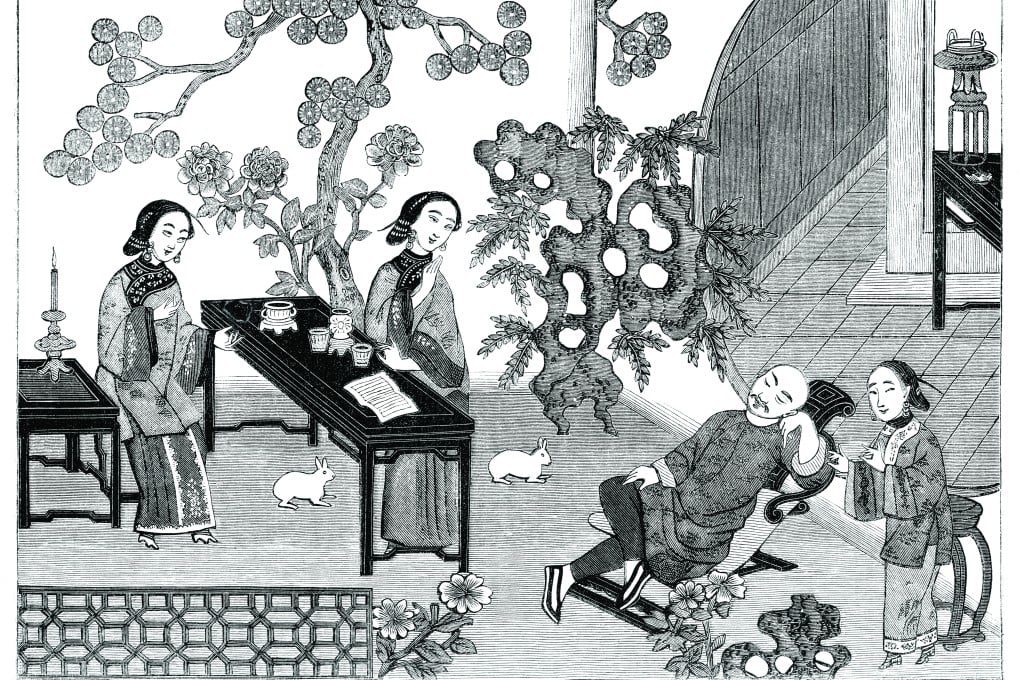Women and Literati in Chinese History Tell Many Stories
Chinese and history scholars at CityU led teachers to explore Chinese history from different angles through a series of talks

[Sponsored Article]
The teaching and learning of Chinese history focus mainly on dynasty transitions and incidents like palace power struggles, military coups and social unrests. Students may be able to name famous historical figures like the Hongwu Emperor Zhu Yuanzhang, Genghis Khan, and Empress Dowager Cixi, and tell how they were involved in those events. However, as textbooks usually lack multi-faceted depictions of these figures, let alone mentions of less famous people, the subject is not always attractive to all students.
To offer a new—and more human—perspective on Chinese history to secondary school teachers, CityU’s Department of Chinese and History (CAH) and the Personal, Social and Humanities Education Section of HKSAR’s Education Bureau co-organised a series of two talks in early December 2020 with the support of the Tin Ka Ping Foundation. The first introduced the life experiences of Song literati, while the second discussed the plight of the women of the Yuan, Ming and Qing dynasties.
A Glimpse of Life from the Writings of Literati
Dr TSUI Lik-hang began the first talk by guiding the audience through numerous academic studies that portrayed the Song dynasty as an era of prosperity. A book by the late historian Philip D CURTIN reads, “between…960 and…1127, China passed through a phase of economic growth that was unprecedented.” Economic historian Mark ELVIN also remarked that China at this time was “the most urbanised society in the world”.
The talk then turned to its most absorbing part, when Tsui shared what he discovered while investigating the informal letters and poems written by scholar-official OUYANG Xiu between 1054 to 1067. During this period, he held senior posts in the imperial capital city of Kaifeng and should have led a well-off life. However, complaints about the city are extensively found in his letters and poems.